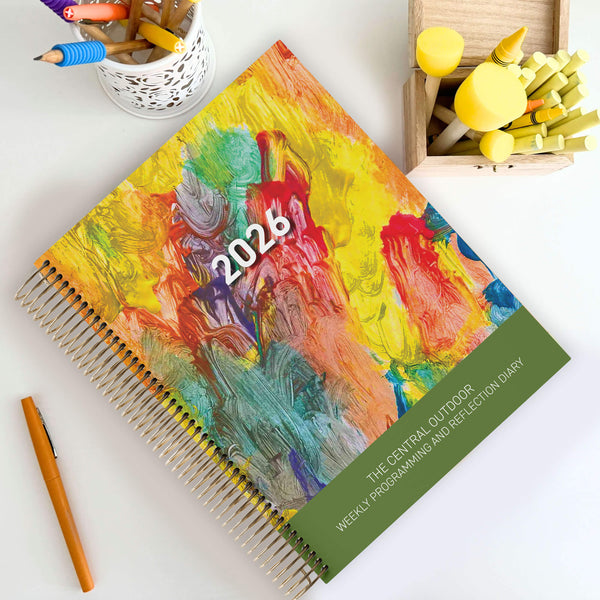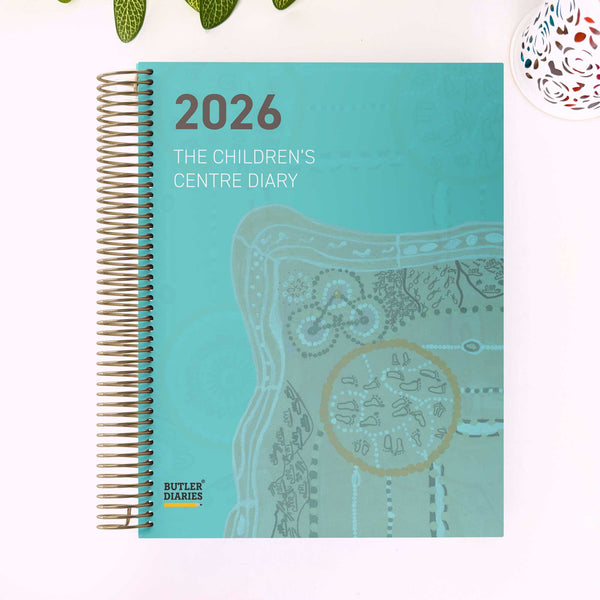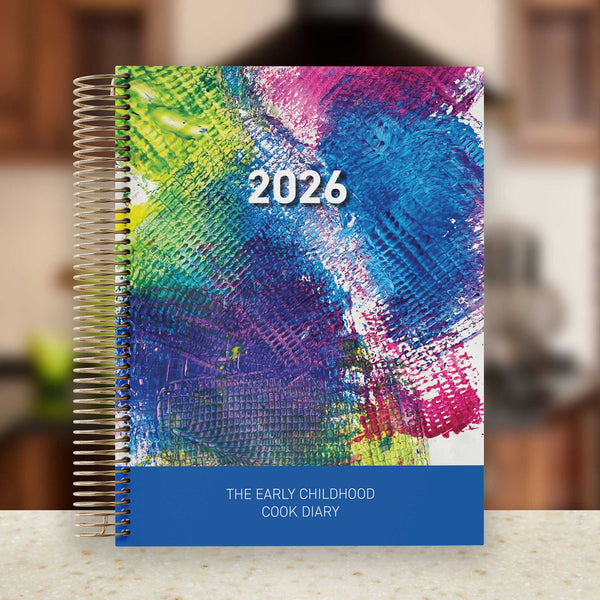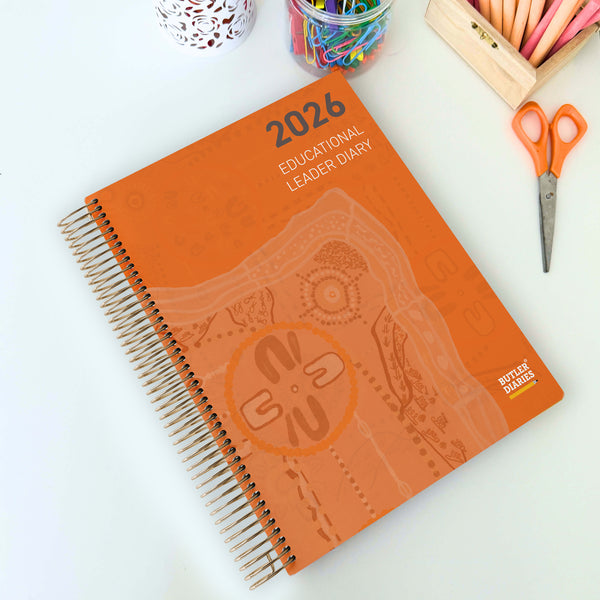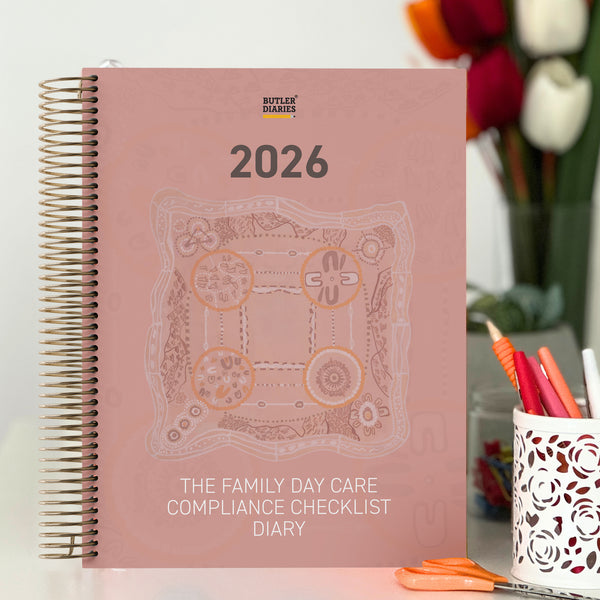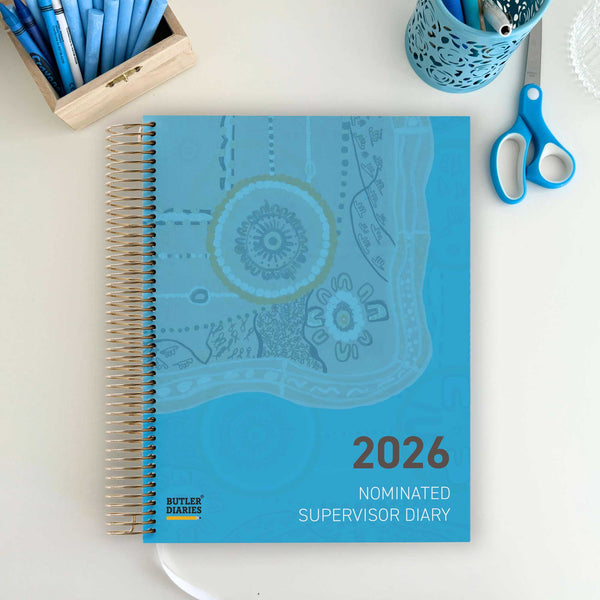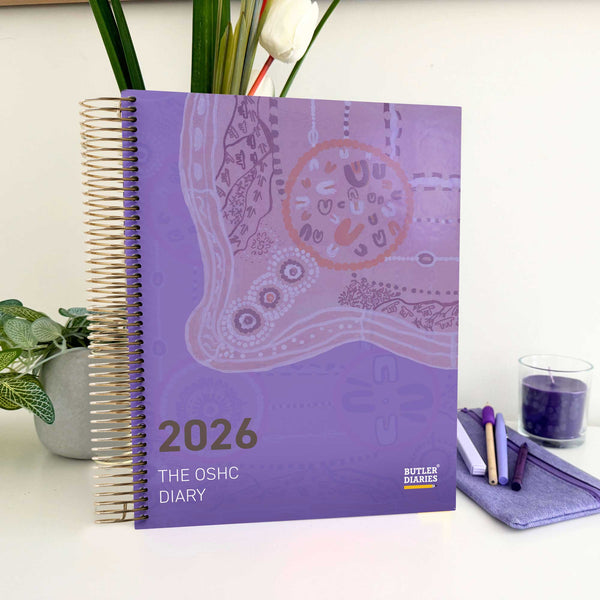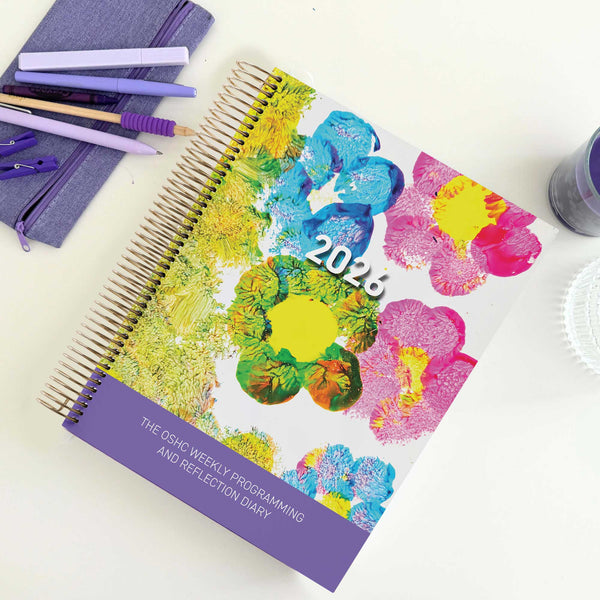Fostering strong connections with the community has become increasingly vital. Not only does this collaboration enhance the overall experience for children, families, and educators, but it also aligns seamlessly with the principles of the Early Years Learning Framework (EYLF). In this article, we will explore tips and strategies for including the community in your ECEC service and how these efforts can be linked with the EYLF.
-
Identify Community Resources:
- Begin by identifying the resources available within your local community. This could include local businesses, cultural organisations, community centres, and more. Think outside the box when making a list, don't just stop at your local school and library.
- Link with EYLF: This aligns with the EYLF principle of "Belonging, Being, and Becoming." Children develop a sense of belonging when they engage with their local community and environment.
-
Engage Families Actively:
- Create opportunities for families to actively participate in the ECEC program. This can be through volunteering, sharing skills, or participating in special events. Use special event days as inspiration but also keep your eye out for opportunities to expand on your program. For example, children may have an interest in pets and you may have a family member who is a vet.
- Link with EYLF: Involving families promotes the EYLF outcome of "Collaborative partnerships with families and communities."
-
Collaborative Projects:
- Initiate collaborative projects that involve both children and community members. For instance, you can organise a community garden project where children learn about nature and sustainability.
- Link with EYLF: This approach supports the EYLF outcome of "Responsive engagement with children's interests and needs."
-
Regular Communication:
- Maintain open and regular communication channels with the community. This can be through newsletters, meetings, or digital platforms. You could get creative and include a letter box to write to children or create a class email and start "pen pals".
- Link with EYLF: Effective communication ties in with the EYLF principle of "Effective pedagogy."
-
Celebrate Cultural Diversity:
- Embrace and celebrate the cultural diversity within your community. Organise cultural festivals or activities that promote an understanding of different cultures. Often community services in the area also celebrate these occasions, you can touch base and organise an excursion.
- Link with EYLF: Fostering cultural awareness aligns with the EYLF principle of "Respect for diversity."
-
Community Guest Speakers:
- Invite experts or guest speakers from the community to share their knowledge and experiences with the children. This can be a great learning opportunity.
- Link with EYLF: Learning from community members aligns with the EYLF outcome of "Children develop a strong sense of identity."
-
Reflect and Evaluate:
- Regularly reflect on your community involvement initiatives and evaluate their impact. This will help in making improvements and adjustments as needed.
- Link with EYLF: Reflecting on practice is an integral part of the EYLF principle of "Ongoing learning and reflective practice."

Here are 10 ideas you can try today:
-
Local Farm Visit:
-
Arrange a field trip to a nearby farm where children can learn about animals, agriculture, and where food comes from. This experience aligns with sustainability and environmental education. No local farms? This can be a local supermarket or farmers market instead.
-
-
Library Storytelling Sessions:
-
Collaborate with the local library to organise regular storytelling sessions. This promotes literacy and a love for books.
-
-
Nature Walks in the Park:
-
Explore the natural world by taking children on nature walks in a local park. This provides opportunities for sensory exploration and learning about the environment.
-
-
Community Garden Project:
-
Partner with a community garden and involve children in planting, nurturing, and harvesting fruits and vegetables. This teaches them about gardening and sustainability.
-
-
Local Art Gallery or Museum Visit:
-
Visit a local art gallery or museum to expose children to art and culture. Encourage them to express themselves through art afterward.
-
-
Fire Station Tour:
-
Organise a visit to the local fire station. Children can learn about fire safety, meet firefighters, and even explore a fire truck.
-
-
Caring for the Elderly:
-
Establish connections with a local senior centre and arrange intergenerational activities. This helps children develop empathy and respect for older generations.
-
-
Community Clean-Up:
-
Participate in community clean-up events, where children can contribute to a cleaner and more sustainable neighborhood while learning about responsibility.
-
-
Visit to a Local Bakery or Cafe:
-
Take a trip to a local bakery or Cafe. Children can observe the baking process or learn about food while understanding the concept of trade and commerce.
-
-
Cultural Exchange Day:
-
Invite parents or community members from different cultural backgrounds to share their traditions, music, dance, or cuisine with the children. This fosters an appreciation for diversity.
-
By incorporating these tips into your ECEC service, you not only strengthen your community bonds but also enrich the learning experiences of the children. Remember that the EYLF principles and outcomes provide a solid framework for guiding your efforts in building meaningful connections with the community. Ultimately, it's about fostering a sense of belonging and collaboration that benefits everyone involved. Don't forget to record your connection with your community in your Weekly Programming and Reflection Diaries.
Related Blog Posts
-
35 Community Involvement Ideas for Early Learning Services: Engaging Without Leaving the Service
-
Engaging Parents in Children's Programs: 10 Strategies for Your Service
-
Supporting Families to Understand the Butler Method: Free Parent Information on Butler Diaries
-
What’s the Best Way to Communicate with Parents About Accidents and Injuries?
-
How Can I Incorporate Cultural Responsiveness Into My Programming?









